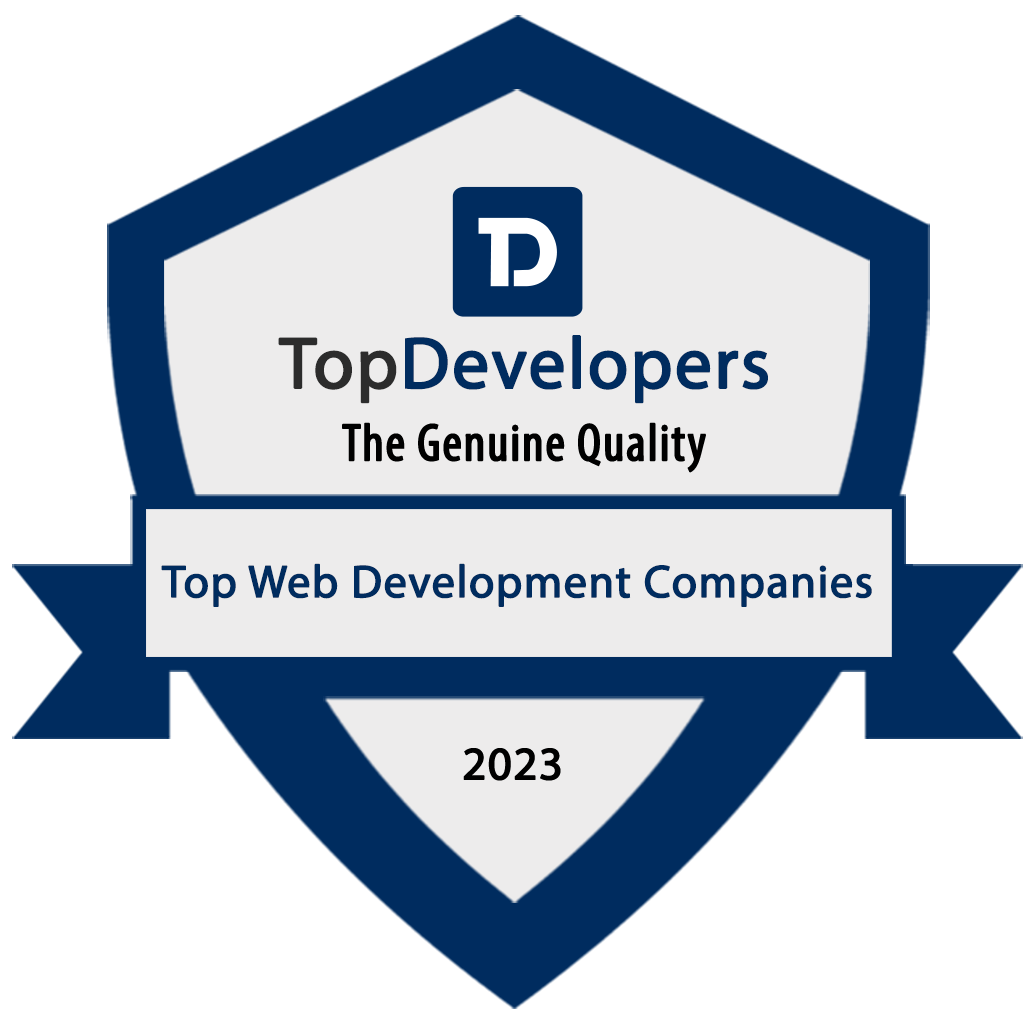Technology has grown significantly in the last few decades, with innovations that seemed impossible years ago now being commonplace. However, as technology has proliferated, concerns regarding trust and ethics have turned into an increasingly pressing issue. Can we trust our technological creations? Is ethical experimentation possible with technology? And ultimately, what happens if those technological creations become autonomous with their own goals, ethics, and motivations?
In answering these questions, it’s necessary to scrutinize the driving forces behind technology’s growth. While advancements in technology have brought numerous benefits, the pursuit of profits and efficiencies have driven technological innovations at the cost of being transparent about how they function and their potential negative consequences. This imbalance between the desire for advancements and the absence of transparency presents significant ethical complexities, considering that technologies such as artificial intelligence (AI), nanotechnology, biotechnology, and robotics can have catastrophic impacts on society.
In response to this complexity, debates around the ethical implications of technological advancements have increased significantly, highlighting the need for accountability in technological creations. Ethical guidelines are necessary to consider the effects of technology on individuals and the environment during development and implementation. Additionally, creating open dialogues between the private sector, academia, the government, and civil society is necessary to guarantee that technological advancements are verified and transparent from conception through to deployment.
In conclusion, as technology advances, ethical reflection and considerations for unintended or damaging outcomes related to unaccountable development and deployment must become increasingly prevalent. Moreover, ethical and transparent dialogue should maintain a priority to assure ethical, safe, and accountable deployment of technology.
References:
1. Bostrom, N. (2017). Superintelligence: Paths, Dangers, Strategies. OUP Oxford.
2. Floridi, L., & Cowls, J. (2019). A unified framework of five principles for AI in a society. Harvard Data Science Review, 1(1).
3. Mittelstadt, B. (2019). Principles alone cannot guarantee ethical AI. Nature Machine Intelligence, 1(9), 501-507.









